Anorexia in Children: Causes, Symptoms, and Treatment
As a parent, the diet of your child is one of the most important things that you should keep an eye on. Proper nutrition plays a key role in physical and mental development, helping to prevent issues like obesity, malnutrition, and even anorexia in children. Your child should eat healthy food from an early age, including fruits, vegetables, whole grains, and lean proteins. If you feed your child well from the start, not only will she grow up to be a healthy person, but she will also maintain her good dietary habits throughout her life. Encouraging balanced meals and a positive relationship with food can set the foundation for long-term well-being.
What Is Anorexia Nervosa?
When a child refuses to eat well so as to reduce weight and improve her body shape, she is said to be anorexic. This condition is common during teenage since children get conscious about their looks at this age. Physical attractiveness is given more importance rather than health, and consequently, your child starves himself to death slowly (1).
What Are Its Types?
Anorexia nervosa can be broadly classified into two types, which affect children (2):
1. Restrictor
In this type, the child consciously avoids consuming calories in order to reduce her weight. She is more focused on looking attractive, so she cuts down on eating carbohydrates and fats greatly.
2. Bulimia
This type of anorexia is in direct contrast with the restrictor type, although the result is the same. The child eats more than she can manage, which is termed as ‘binge-eating’. She then purges out all the food either by vomiting or using laxatives, or sometimes by both. This results in the clearing of the intestinal tract and the stomach and leads to severe malnutrition in the child.
Which Children Are Most at Risk of Getting Anorexia Nervosa?
In most cases, a girl child is more prone to get affected by this condition at a young age. However, this condition is now increasing even in boys. Anorexia is something that affects children of all socioeconomic, racial, and ethnic groups without much difference between individual groups.
What Are the Causes of Anorexia in Kids?
There are many reasons why your child may be anorexic (3):
1. Psychological Factors
In most cases, anorexic children have been found to develop a different mentality and psychological traits compared to normal children at that age. They are mostly depressed as a result of how ‘out of shape’ they look compared to their peers. They are always under pressure to not gain weight, which negatively affects their eating habits and results in the child being unable to eat or handle the food she has eaten.
2. Environmental Factors
Puberty triggers the release of hormones into a child’s body, which can cause a jumble of mixed emotions at this age. Consequently, the child may get too self-conscious or even depressed about her weight. In some cases, peer pressure and bullying at school can also result in the child being anorexic from a young age. If the child is an active participant in strenuous exercises or weight-bearing games, it can make her anorexic too. Other common causes observed include the loss of a loved one, divorce of the parents, and even physical or sexual abuse at young ages, as they harm the psyche of the child in a great manner.
3. Genetic Factors
It has also been concluded after extensive research that children can have a genetic predisposition towards becoming anorexic. Children with a family history of colitis, arthritis, cirrhosis, and kidney failure are at a greater risk of being anorexic, compared to their healthier counterparts.
Signs of Anorexia in a Child
As a parent, you will definitely notice when your child is starting to become anorexic. Some of the symptoms she will exhibit are mentioned here, categorised into three types (4):
1. Physical Signs
- Fatigue
- Constipation
- Insomnia
- Dehydration
- Osteoporosis
- Dry skin
- Low blood pressure
- Abnormal blood counts
- Lack of energy
- Tooth decay
- Dizziness
2. Behavioural and Emotional Symptoms
- Social withdrawal
- Depression
- Denial of hunger
- Excessive exercising
- Fear of gaining weight
- Irritability
3. Habits of Your Anorexic Child to Lose Weight
- Frequently skipping meals
- Not eating in public
- Following a rigid meal plan
- Checking body weight repeatedly
- Eating only low-calorie or low-fat food
- Complaining constantly about gaining weight
How Is Childhood Anorexia Diagnosed?
Although children may try to keep their efforts extremely private, parent or teachers will definitely see the symptoms of anorexia if they observe the child well. Otherwise, a child psychiatrist or a mental health expert will be able to diagnose what the child is going through, with your input as parents and by talking to the child privately.
Treatments for Anorexia Nervosa in Children
Since anorexia is more of a psychological disorder than a physical one, the treatment methods can vary greatly from child to child. The treatment also depends on the type of anorexia that has affected the child and has multiple stages to get through. The doctor may try to help the child gain necessary weight at first, especially if the child is suffering from severe malnutrition. The behavioural problems are then treated using psychotherapy and counselling, and the child is made to understand that body weight should not be given too much importance at any time. After that, healthy food habits are taught to the child, and the parents are expected to support their child through thick and thins to overcome the depression and stress that she might be feeling (5).
What Are the Complications of Anorexia?
The risks of anorexia in children include many disorders, like (6):
1. Heart Problems
Malnutrition and repeated vomiting can cause low heart rates in children and a lot of other cardiac conditions.
2. Arrhythmias
The heart rate of the child is irregular—either too fast or too slow.
3. Hypotension
It can also lead to low blood pressure in children.
4. Electrolyte balance
If the child uses laxatives or diuretics, it can result in the body losing its electrolyte balance and lead to fatal conditions like brain swelling.
5. Blood
At least one-third of anorexic children have a low count of RBCs in their body.
6. Stomach
The intestinal motility is severely affected when a child does not eat properly.
7. Kidney
Anorexic children may either drink too much fluid, or too less, both the conditions are extremely harmful and result in electrolyte abnormalities or kidney stones, respectively.
8. Endocrine
Growth hormone levels also reduce with anorexia, and affected children might stop menstruating because of this condition.
9. Skeletal
Bone density decreases with anorexia, and the child is at a higher risk of fractures compared to her counterparts.
How Can Anorexia Be Prevented?
There are no concrete methods for preventing anorexia in children, but early intervention can work wonders in terms of improving the health condition of your child. You need to look for symptoms of anorexia in young children and get the help of medical professionals if you have the slightest doubts.
How Can You Help Your Child Live With Anorexia?
As a parent, your role is crucial in helping your child recover by providing a safe and understanding environment. Here are some key ways you can support them:
- Learn about anorexia, its symptoms, and its effects to better understand what your child is going through. Knowledge helps you respond with empathy and avoid harmful misconceptions.
- Consult doctors, therapists, or nutritionists who specialise in eating disorders. Early intervention with therapy (such as CBT or family-based treatment) improves recovery chances.
- Let your child express their feelings without judgment. Avoid pressuring them about food; instead, focus on emotional support and reassurance.
- Avoid negative comments about weight or appearance. Encourage self-acceptance and highlight strengths unrelated to looks, such as kindness or creativity.
- Work with a dietitian to establish balanced, regular meals. Gentle encouragement (without force) helps rebuild healthy eating habits in a low-stress way.
- Recovery takes time, and setbacks may happen. Celebrate small progress, stay consistent with care, and remind your child they are loved unconditionally.
FAQs
1. Can preschool-aged children show signs of anorexia?
Rarely, but yes. While most cases appear in adolescence, very young children can exhibit disordered eating behaviours due to anxiety, control issues, or sensory sensitivities. Early professional evaluation is key to proper intervention.
2. Can anorexia make a child’s hair change colour?
Rarely, but yes. Severe malnutrition can trigger “flag sign”—alternating light/dark bands in hair (like tree rings) due to protein deficiency. Some kids grow fine lanugo (baby-like body hair) for warmth.
3. Can a child’s handwriting reveal anorexia?
Neurological effects of starvation cause shakiness. Look for:
- Sudden larger/sloppier writing
- Letters pressed too lightly (weak grip)
- Erasing and rewriting words like “fat” or “calories” obsessively
These aren’t just quirks—they’re physical red flags.
Anorexia is a psychological disorder that can affect the health of your child. You can talk to your child about eating disorders, but you have to get the help of qualified professionals if there is no improvement.
References/Resources:
1. University of Rochester Medical Center – Anorexia Nervosa in Children
2. UMass Memorial Health – Anorexia nervosa in children
3. Nationwide Children’s Hospital – Anorexia Nervosa
4. Johns Hopkins Medicine – Anorexia Nervosa in Children
5. Children’s Health – Anorexia nervosa in children
6. Saint Luke’s – Anorexia Nervosa in Children
Also Read:
Loss of Appetite in Kids
Eating Disorders in Children
Short Term Memory Loss in Kids
Aggression in Children – Reasons and Tips to Handle It
Was This Article Helpful?
Parenting is a huge responsibility, for you as a caregiver, but also for us as a parenting content platform. We understand that and take our responsibility of creating credible content seriously. FirstCry Parenting articles are written and published only after extensive research using factually sound references to deliver quality content that is accurate, validated by experts, and completely reliable. To understand how we go about creating content that is credible, read our editorial policy here.





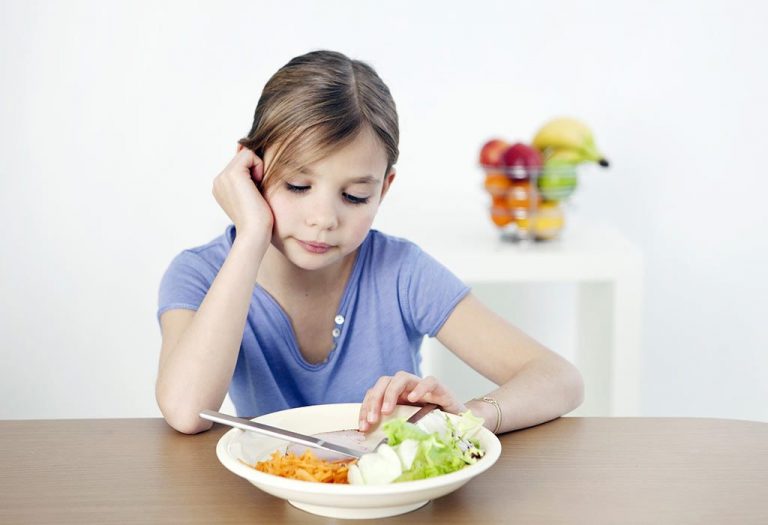

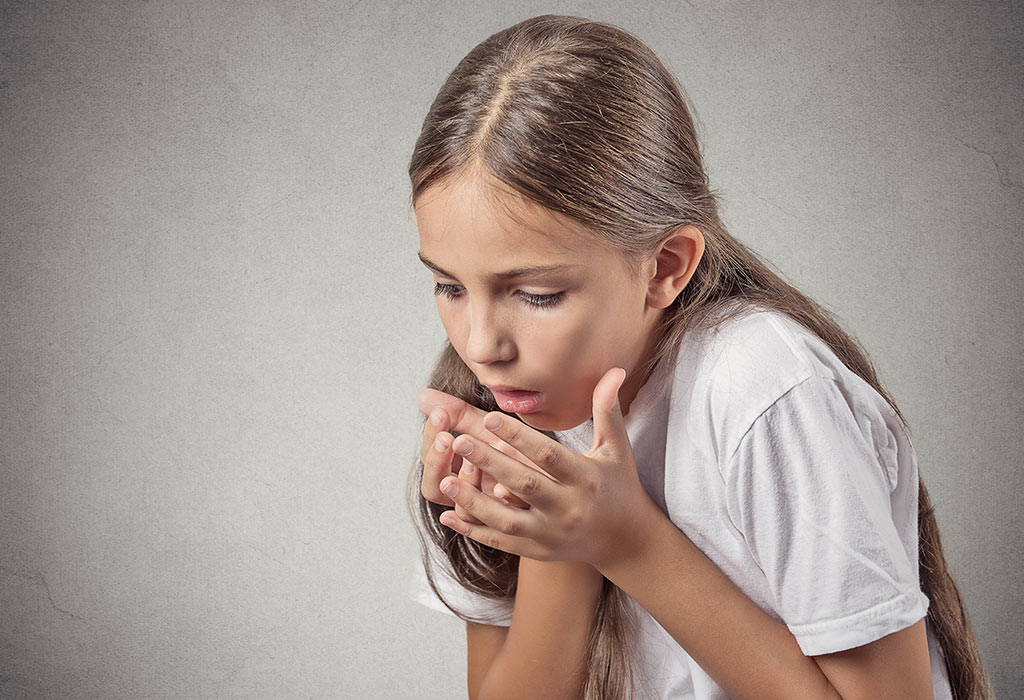
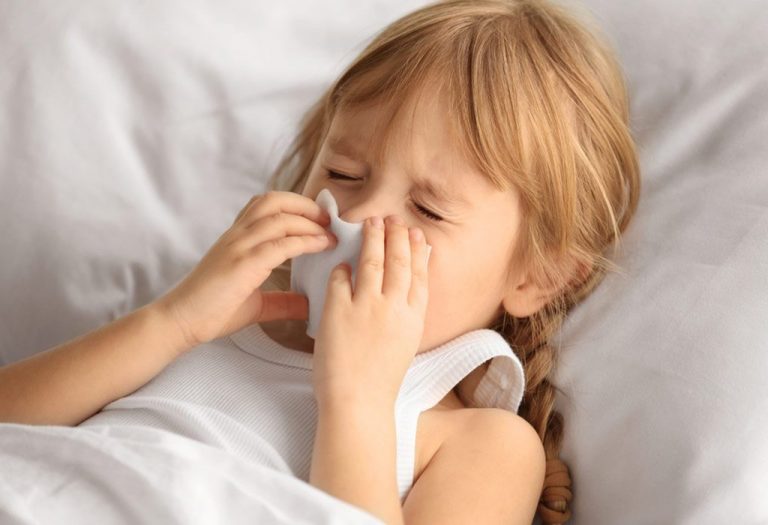

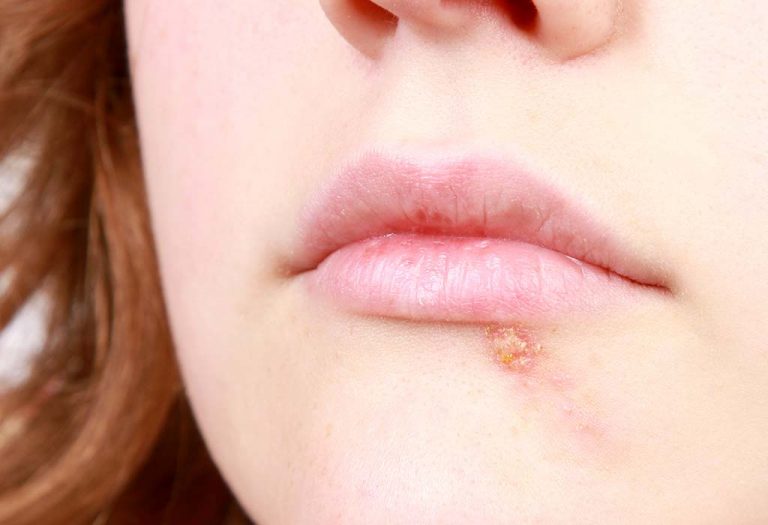

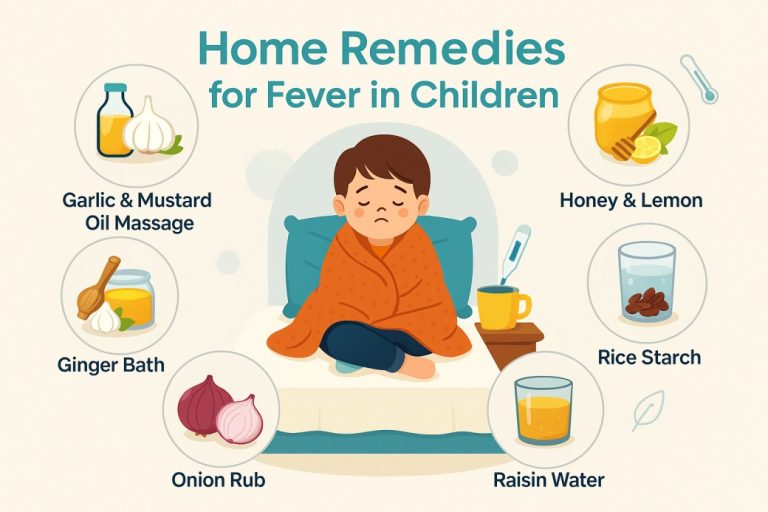


.svg)
















